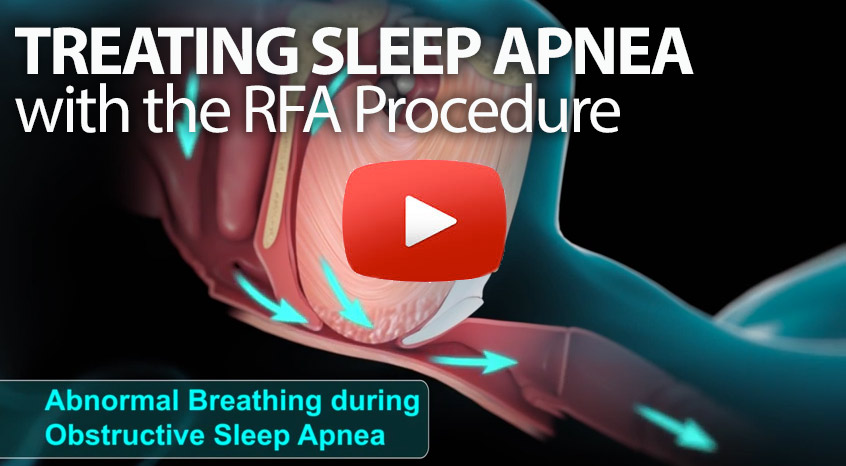Understandably, noticing that your sleeping infant’s breathing varies from what you expect can be disturbing. Perhaps you noticed that her breathing speeds up or slows down. Maybe she even stops breathing for a few seconds.
Periodic breathing, a normal thing for babies, describes the common slowing and accelerating of breathing. Babies may even pause in their breathing for a few seconds, whether they’re awake or asleep.
Sleep apnea becomes a concern if your baby does not breathe for more than 20 seconds. Then, when she does breathe, she may gasp or gag. She may turn blue.
What causes sleep apnea in infants?
- Obstructions like swollen glands can hinder breathing.
- A premature central nervous system may fail to communicate to the muscles to breathe.
- A mixture of these or some other problem such as a congenital birth defect, heart or blood vessel problem or reflux may cause an infant breathing problems.
What should I do if my baby stops breathing?
If touching or nudging the baby doesn’t stimulate him to start breathing, try stroking or tapping the bottom of his feet. But don’t waste time. If he doesn’t start breathing within seconds, call 911, and if you know infant CPR, start it right away.
Once the initial emergency is over, a sleep study can be scheduled for your doctor to evaluate your baby’s sleeping patterns and monitor for episodes of apnea.
A monitor may also be used at home until the sleep study, or after the sleep study, if the doctor feels it will be useful. Not only will the monitor alert you to any potential problems, but it also records the information. The doctor can have this downloaded to see how the baby is sleeping and breathing at home.
Sleep apnea can be very serious for infants, so if you suspect it at all, talk to your baby’s doctor.
If you or someone you know is in need of a better night’s sleep, contact us for a no obligation consultation. We are the sleep specialists at Chevy Chase ENT located in the Virginia, Maryland, and Washington D.C. metro area dealing with sleep apnea and sleep-related problems. We can help diagnose your condition, recommend whether a sleep study would be beneficial, and offer you a variety of treatment options including CPAP, Radio Frequency Ablation (RFA) and more.

